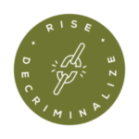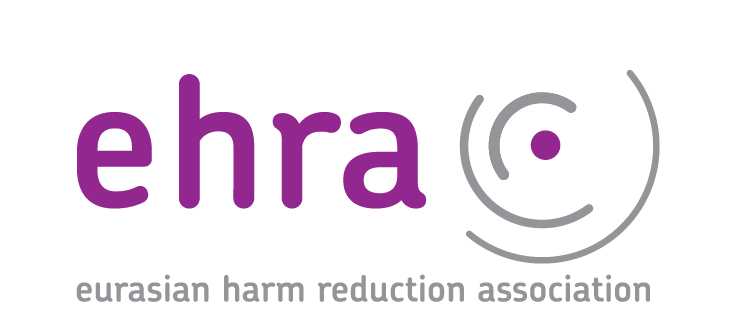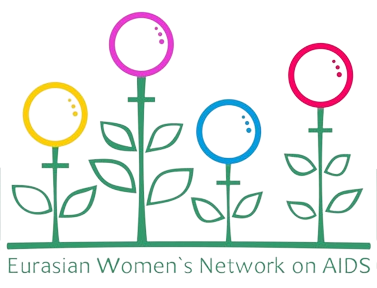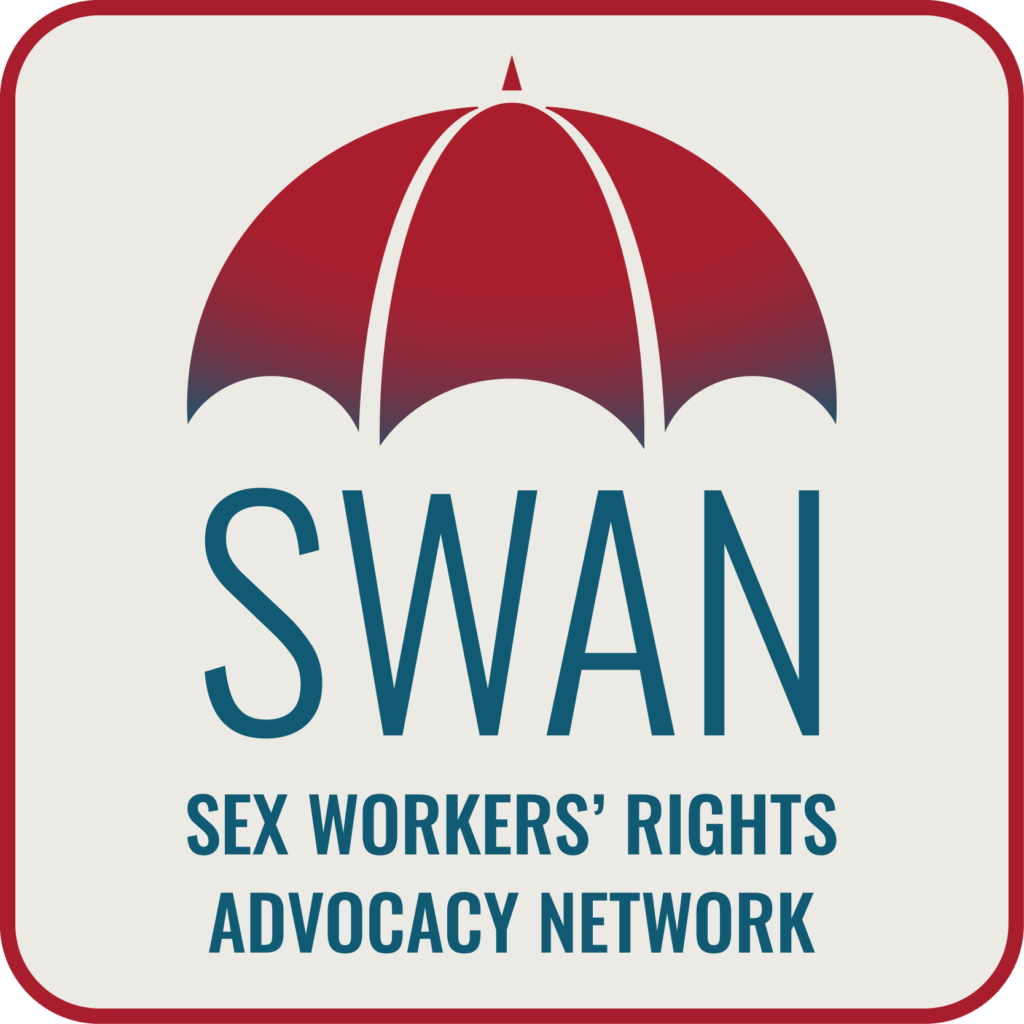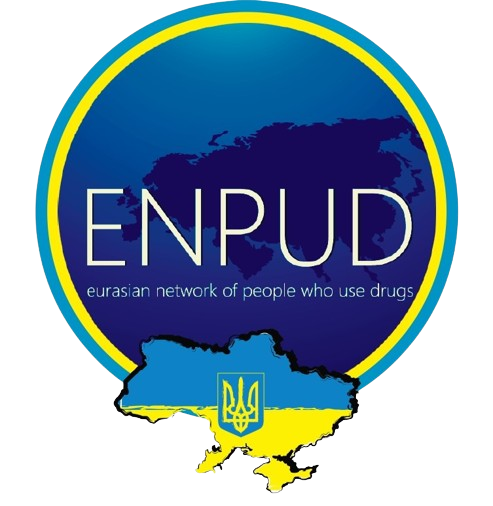CIVIC SPACE
is the environment that allows people and groups to participate in the political, economic, social, and cultural life of their societies. It is essentially the space where civil society operates, enabling individuals and groups to access information, express their views, and engage in dialogue with the government and other actors. A healthy civic space is crucial for a functioning democracy, allowing citizens to organise, advocate for change, and participate in public life without fear of reprisal.
SHRINKING CIVIC SPACE
refers to the progressive restriction of fundamental freedoms that enable civil society to operate effectively. It involves governments, authorities, or other powerful actors limiting rights such as freedom of association, freedom of peaceful assembly, freedom of expression and access to information and protection from reprisal through legal, administrative, or extralegal measures.
Updates on shrinking civic space & marginalised communities in Central Eastern Europe and Central Asia
Secure the Future: Civil Society and Human Rights Imperative for Public Health and HIV Response
in Central and Eastern Europe and Central Asia
A Communique Initiated by the Rise & Decriminalize Movement of Community-led Networks in CEECA:
Over the last years an increasing number of governments in Central Eastern Europe & Central Asia (CEECA) are adopting new laws and practices that constrain civic space (restricting rights and liberties of civil society), thereby exerting additional pressures and burden on already criminalized populations (LGBTQI+, people living with HIV, people who use drugs, sex workers). Russia’s war against Ukraine has intensified the negative human rights trends of previous years, leading to increased insecurity. It caused disruption of access to treatment and basic medical and social services, increased vulnerabilities to HIV in Ukraine, and in countries affected by the refugee crisis, and throughout the region, where economic and social upheaval and changing patterns of migration are felt.
The confluence of geopolitical turmoil, rising authoritarianism and the resulting shrinking spaces for civil society, criminalization of key populations and donors’ narrow view and scope in addressing HIV brought us to this boiling point where, more than ever the robust and pragmatic approaches in addressing interconnected issues of HIV, public health, gender equality, civil and human rights are needed.
The purpose of the Communique is to acknowledge and coordinate efforts among communities, civil society, politicians, experts and professionals, and other national and international stakeholders to address the shrinking space for civil society and communities to act in the spheres related to public health (including HIV), sustainability and security in the CEECA region.
Recognizing that:
✓ Community and community-led organizations are key in addressing issues of public health, including HIV, sustainability and security responses; and that
✓ Civil society and community groups play an essential role in pushing for evidence-based and human rights-based policies and practices, and can mobilize to provide services when state services fall short of it or alienate stigmatized, discriminated-against and criminalized people.
We urge the international community, development agencies, donor governments and private donors to:
❶ Acknowledge the issue of shrinking space for the civil society in the CEECA region as a key challenge in public health and social care interventions and the need for action to safeguard civic spaces.
❷ Ensure sustainability of low threshold, comprehensive community-led responses through flexible funding in order to adequately respond to current complex and intertwined issues in the CEECA region. In reaction to the new reality of repressions against particular communities and civil society at large (e.g. laws against so-called “gay propaganda”, “drug propaganda”, “foreign agents”, “undesirable organizations”), special attention should be paid to ensuring the safety and security of civil society and community workers and activists.
❸ Acknowledging that HIV or any other disease response does not occur in a vacuum and is exacerbated by other interrelated issues, ensure that advocacy and funding approaches are focused on inclusion of a broad range of stakeholders for a coordinated, intersectional and holistic response.
❹ Support communities in addressing issues of criminalization – communities of people living with HIV, people using drugs, LGBTQI+, and sex workers face discrimination and criminalization of different aspects of their lives in CEECA countries.
❺ Take leadership and coordinate efforts among the international community, development agencies, donor governments and private philanthropies to ensure meaningful dialogue in CEECA countries around the importance of sustainability of services, community leadership in all areas concerning their lives and livelihoods, decriminalization as a pivotal aspect of human rights and ensuring space for civil society.
35 organizations and 12 individuals support the Communique!

ORGANIZATIONS
Alliance for Public Health – APH
Attika – Public Fund
Brussels Federation of Institutions for Drug and Addictions
Centre on Drug Policy Evaluation
Club Eney
Consultation Education Evaluation NGO
Convictus Ukraine
Correlation-European Harm Reduction Network
DiverCity – Social-Cultural, Human Rights Defender NGO
Drug Policy Network South East Europe – DPN-SEE
HIV Justice Network
HPLGBT
Human to Human Initiative Group
Instituto RIA, A.C.
International Drug Policy Consortium – IDPC
Mainline
Mind Games NGO
Montenegrin Harm Reduction Network Link
Network TBPEOPLE Georgia
New Life PLUS
Nonbinary Initiative SNeG
Nursenim NGO
PERLE SOCIALE Association
PULS Comunitar
QUEER MEDIA
Re Generation NGO
Recovering Nepal
Skoun, Lebanese Addictions Center
Social Equation Hub – SEH
Spring of Help
Support. Don’t Punish Campaign
Svitanok Club NGO
Union for Equity and Health
Women4GlobalFund
Women’s association Gvirila
INDIVIDUALS
(only those who agreed to share their names on the website are listed)
Alla Bessonova
Artak Adam Arakelyan
Jean-Paul Grund
Marie Nougier
Michal Pawlega
Natalia Sidorenko
Ruslan Shulga
Vielta Parkhomenko
Vitali Rabinciuc
Vitalii Luchinskii
